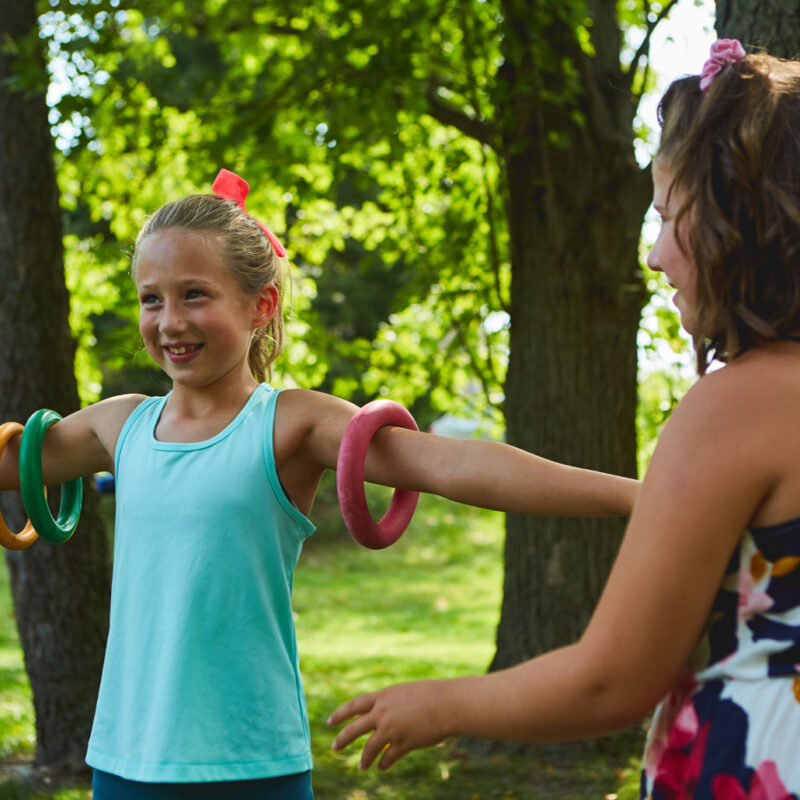In K-5, we rarely talk about alcohol and drugs. Instead, we build life skills, like how to be a good friend, manage uncomfortable feelings, and solve problems peacefully. Our lessons are fun, engaging, and age appropriate.

Elementary School Prevention Programs
St. Louis County, Franklin County, and the Metro East
Kelly Wieser (she/her)
kwieser@prevented.orgSt. Louis City
Joy Carter (she/her)
jcarter@prevented.orgSt. Charles, Lincoln and Warren Counties
Jessi Hogan (she/her)
jhogan@prevented.orgJefferson County
Grace DeClue (she/her)
gdeclue@prevented.orgThis four-lesson unit promotes language and behaviors that build friendships and provide skills to handle uncomfortable feelings.
Learn MoreGrade Level
Topics
This four-lesson unit helps students develop social competency skills: self- respect, sharing, and reaching out to friends.
Learn MoreGrade Level
Topics
This four-lesson unit helps students recognize feelings of all kinds and provides effective strategies for managing anger.
Learn MoreGrade Level
Topics
This four-lesson unit introduces students to four friendship rules: 1) Friends include others, 2) Friends give others a chance, 3) It’s okay for friends to be different, and 4) Friends laugh and play together.
Learn MoreGrade Level
Topics
This four-lesson unit helps students recognize feelings of all kinds and provides effective strategies for managing anger.
Learn MoreGrade Level
Topics
This four-lesson unit explores the different levels of friendship and focuses on the language and behaviors that can either build or “wreck” friendships.
Learn MoreGrade Level
Topics
This two-lesson series deepens students understanding of anger and conflict and introduces them to skills to resolve problems peacefully. (Most appropriate for grade 4, but can be used, at times, in grades 3 or 5.)
Learn MoreGrade Level
Topics
This four-lesson unit promotes some important ways to be in charge of yourself: recognize and respect the uniqueness of self and others; practice empathy; and be accountable for your actions.
Learn MoreGrade Level
Topics
This two-lesson series deepens students understanding of anger and conflict and introduces them to skills to resolve problems peacefully. (Most appropriate for grade 4, but can be used, at times, in grades 3 or 5.)
Learn MoreGrade Level
Topics
PreventEd trains 4th and 5th graders in two, 3 hour time blocks to be third party problem-solvers for peers whose conflicts have the potential to lead to physical fights and/or disciplinary action.
Learn MoreGrade Level
Topics
This four-lesson unit provides information on alcohol, tobacco/vaping, and marijuana. It also helps students understand that respecting themselves and using refusal strategies will give them the inner strength to stay away from alcohol and other drugs.
Learn MoreGrade Level
Topics
This four-lesson unit promotes the concept of “taking charge of yourself” by developing skills in self-control, understanding what healthy choices are and how to make them, understanding and managing peer pressure, and promoting inclusion.
Learn MoreGrade Level
Topics
This two-lesson series deepens students understanding of anger and conflict and introduces them to skills to resolve problems peacefully. (Most appropriate for grade 4, but can be used, at times, in grades 3 or 5.)
Learn MoreGrade Level
Topics
PreventEd trains 4th and 5th graders in two, 3 hour time blocks to be third party problem-solvers for peers whose conflicts have the potential to lead to physical fights and/or disciplinary action.
Learn MoreGrade Level
Topics